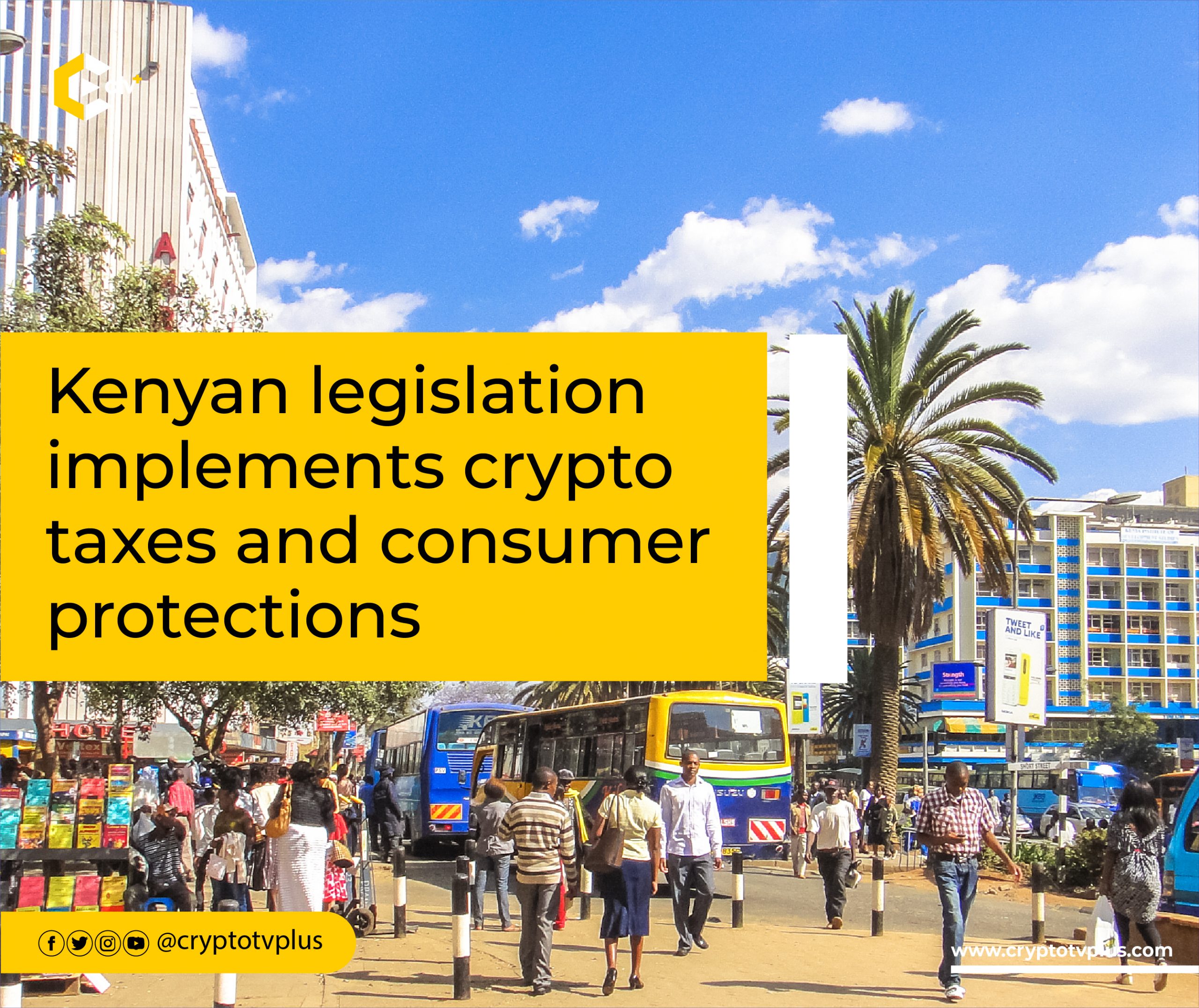News
Kenyan legislation implements crypto taxes and consumer protections

The Kenyan government now has made an amendment to the kenyan Capital Market Law to tax crypto transactions on all Kenyan exchanges. This is coming even as the global crypto market crashes further.
On Nov. 21, 2022 an amendment to the Kenyan Capital Markets Law was published that would force anyone who holds or deals in cryptocurrencies to provide information on their operations to the country’s Capital Markets Authority for tax purposes. Kenya is the first country to extend financial regulation to cryptocurrency.
Kenyans would be required to pay capital gains taxes to the Kenya Revenue Authority when they sell or use digital currencies under the Capital Markets (Amendment) Bill. For cryptocurrencies held for less than a year, income tax would be due; after that, capital gains tax would be due. Income taxes in Kenya range from 10% to 30%. All commissions and costs for cryptocurrency trading are already subject to a 20% excise duty by banks.
The bill would designate virtual currencies as securities, allow for the registration of specific cryptocurrency traders, and establish a national computerized registry of all transactions involving virtual currencies. Additionally, it would put in place consumer protection measures like privacy guarantees and the establishment of a fund to shield investors from financial loss originating from a licensed broker or dealer’s failure.
According to Mr. Kirwa,a member of the parliament said, the amendment will include specific requirements to regulate digital currency transactions in Kenya, as well as a description of digital currencies, their generation through crypto mining, and rules governing their trading.
The amendment will also specify obligations for those who trade in digital currencies, address taxation, ownership, and encourage innovation in this field.
This bill was introduced months after a UN assessment revealed that Kenya had the highest percentage of its population using cryptocurrencies in Africa, highlighting the nation’s vulnerability to the growing collapse in the crypto industry.
Read Also:
Hashflare founders arrested in $575M fraud scheme
Binance Football Fever: how to participate & win

























Pingback: Kenyan legislation implements crypto taxes and consumer protections by Racheal Oyedepo – CryptoTvplus Events: NFT, DeFi, Bitcoin, Ethereum, Altcoin Events
Pingback: FTX linked Liquid exchange halts all trades